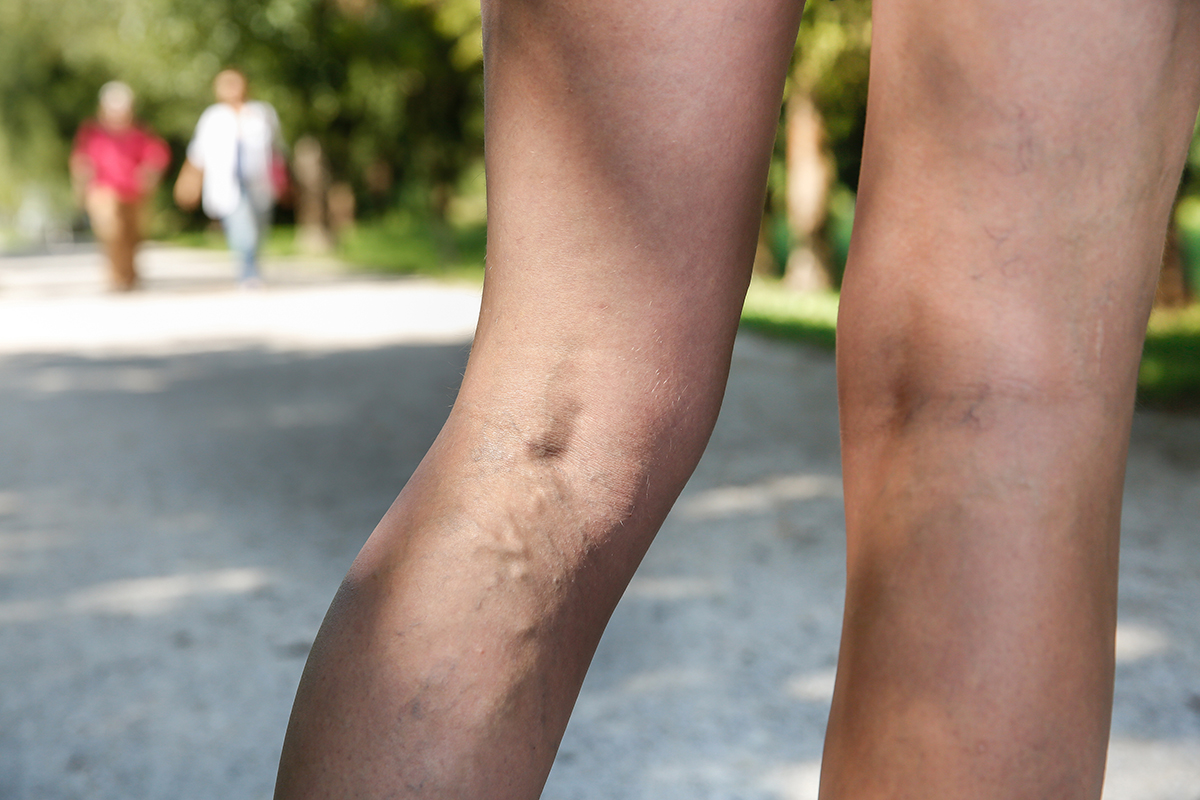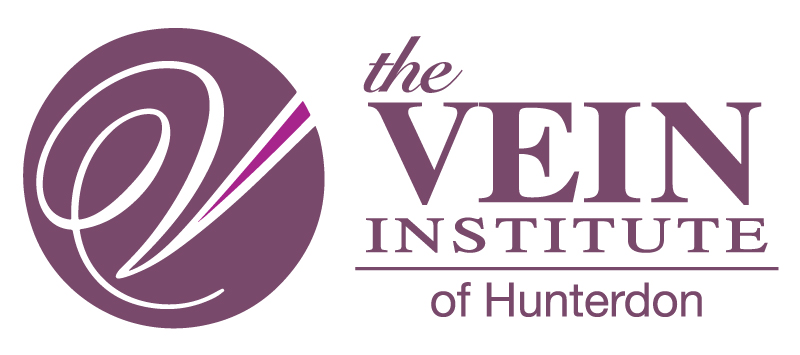Understanding the Causes of Varicose Veins

Raised, swollen and often uncomfortable, varicose veins affect both men and women. These thickened, dilated blood vessels don’t control blood flow properly, so instead of blood flowing one way, it flows backward, weakening the vein walls in the process. Patients who suffer from varicose veins may experience symptoms like leg heaviness, swelling, skin darkening, numbness in the legs, aching pain, easily tired legs or even itching and irritation. What causes this situation? Why do varicose veins occur? Here are some of the top causes and aggravators:
- Genetics. If someone in your family has varicose veins, you are much more likely to get it yourself. In fact, about 80 percent of the time, the condition is an inherited one.
- Age. As a person ages, his or her veins tend to lose elasticity. As they stretch and weaken, the blood inside may reverse directions and pool in the veins, causing enlarged veins.
- Pregnancy. While pregnancy does not cause varicose veins, it can worsen its symptoms. Pregnancy boosts the amount of blood in a woman’s body, which may, in some cases, lead to enlarged veins. This is especially true at the end of pregnancy when the uterus puts greater pressure on the veins in the legs. Likewise, women in the last 14 days of their menstrual cycles are also at higher risks.
- Long Periods of Standing. As with pregnancy, long periods of standing alone won’t cause varicose veins; however, it, as well as obesity, can worsen it.
The Vein Institute of Hunterdon offers a variety of office-based procedures and treatments to improve your symptoms. Let us help you reduce leg fatigue, swelling and discomfort.
Contact us today to learn more!
